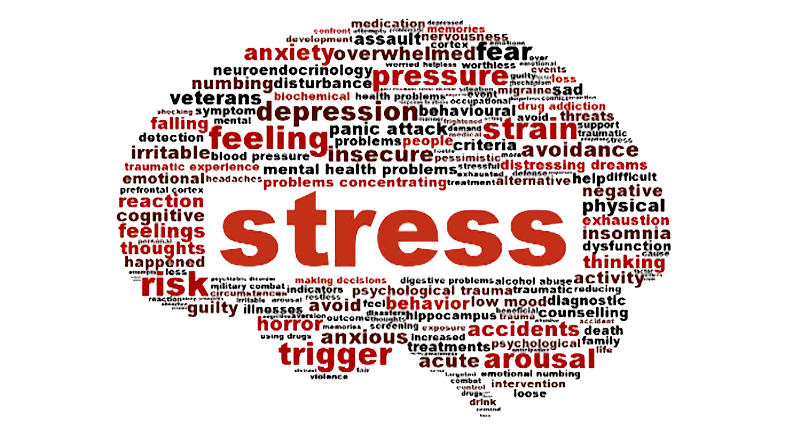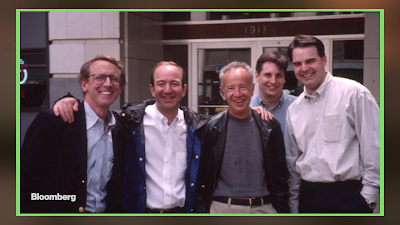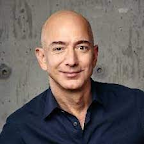Quora question: Why does free market economy win against centrally planned & controlled economy?
Pascal Morimacil: The laissez-faire ideology is to let the totalitarian power structures created by private owners have full reign over the planet without having any democracy hinder them.
Kevin Duffy: This is Orwellian: freedom = control.
There is a critical difference between Jeff Bezos and modern day social democracies. Bezos can’t force anyone to do anything. He can persuade investors to invest in his money-losing scheme in the late 1990s, with the promise that they’ll someday be rewarded. He can hire people to work for him, often enticing them with stock options which would be worthless if the company failed. He can persuade customers to buy his company’s products. Of course the only way he’ll succeed is to give them better value, either with service, quality or lower price. He also has to make his suppliers happy.
All of these transactions are uncoerced and, as a result, mutually beneficial. They also involve a certain amount of risk from both parties, but if they’re not satisfied (or if a better deal comes along), they can leave. E.g., a customer can return an order or employee can quit and go work for a competitor. And, yes, it also means Bezos can, and does, fire employees. I’m sure he’s also terminated suppliers as well, and replaced them with others.
How do social democracies pass the coercion test? Not well. Everything the government does involves force. K-12 public schooling is a good example. The entire system is based on compulsory funding, curriculum and attendance. If, as a parent, you object to what the school teaches (which is increasingly pro-government propaganda, especially regarding history), you can’t get a tax refund and decide how your child spends his formative years. The closest you can come is homeschooling, but you are still under the thumb of the state.
But what about “democracy?” Doesn’t this give people choice? It gives a majority the ability to choose between two candidates who may or may not represent their views. In fact, it’s statistically impossible for ANY candidate to represent one’s views and choices fully.
The Founders were fearful of democracy and tried (unsuccessfully) to limit its abuses. Madison warned, “Democracy was the right of the people to choose their own tyrants.” Jefferson was just as harsh: “A democracy is nothing more than mob rule, where fifty-one percent of the people may take away the rights of the other forty-nine.”
The evidence that government-run schools are a danger is that these lessons have been lost.
~ Kevin Duffy, Quora answer, October 26, 2020














